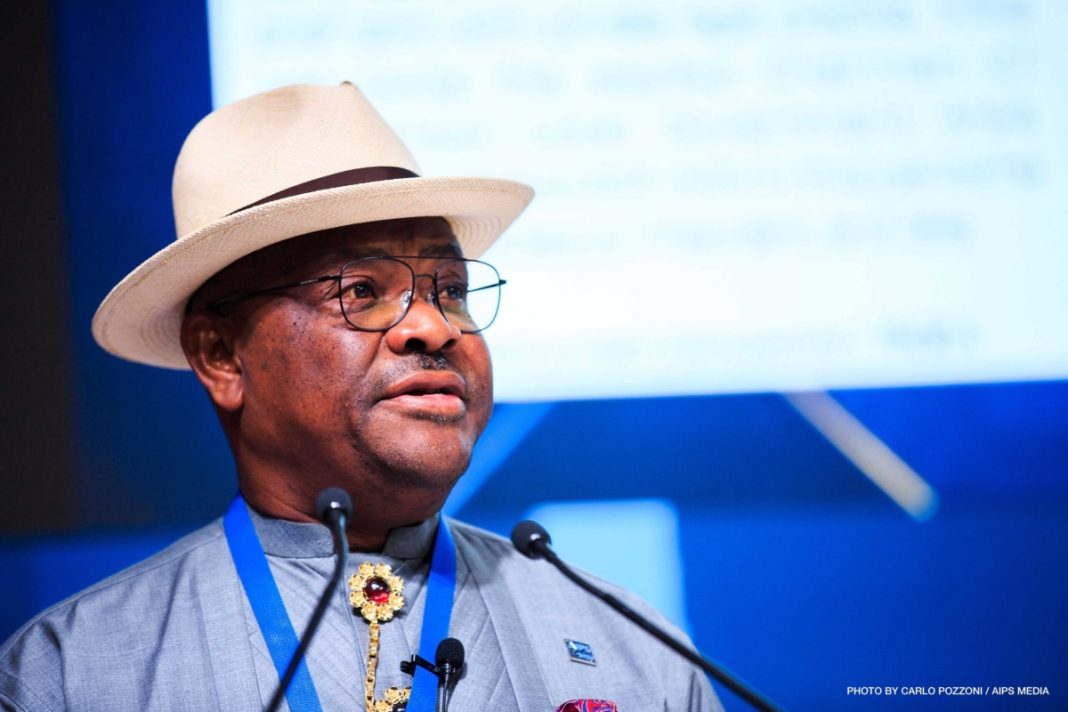ABUJA, Nigeria – The Socio-Economic Rights and Accountability Project, SERAP, has filed a lawsuit against all 36 governors of the federation and the Minister of the Federal Capital Territory, Nyesom Wike.
The civil rights group is demanding accountability for a staggering N5.9 trillion and $4.6 billion in loans. The legal action, identified as FHC/ABJ/CS/592/2024, was initiated last Friday at the Federal High Court in Abuja.
This lawsuit follows recent revelations by Governor Uba Sani of Kaduna State, who disclosed that the previous administration left behind a hefty debt of $587 million and N85 billion, along with 115 contractual liabilities.
This debt burden has reportedly hindered the state’s ability to meet its payroll obligations.
SERAP’s legal challenge seeks judicial orders to compel the governors and Mr Wike to fully account for the loans taken by their administrations. They are also required to disclose the details of these transactions and publish the associated loan agreements.
Moreover, SERAP is advocating for these officials to authorize probes by the Economic and Financial Crimes Commission, EFCC, and the Independent Corrupt Practices and Other Related Offences Commission, ICPC, into how these funds have been utilized.
In their filing, SERAP emphasised the public’s right to transparency regarding these financial engagements. “It is in the public interest to grant the reliefs sought. Nigerians have the right to see and scrutinize the loan agreements and know the details of how the domestic and external loans obtained by the governors and FCT minister are spent,” the document, made available to The Trent by email on Sunday, May 5, 2024, stated.
SERAP highlighted the adverse effects of opacity in managing these loans, pointing out that such practices could undermine the fundamental interests of citizens.
The group criticised the frivolous expenditure patterns in many states and the FCT, including unnecessary travels, luxury vehicle purchases, and the funding of politicians’ lavish lifestyles—all potentially financed by these loans.
Amidst these financial controversies, many states and the FCT are also falling behind on obligations to civil servants, with some regions borrowing funds merely to pay salaries.
This situation exacerbates the deprivation of essential public services like quality education and healthcare for millions of Nigerians.
As of now, no date has been set for the hearing of the lawsuit.
The case presents a critical test of accountability and governance practices across Nigeria’s states and the Federal Capital Territory.







